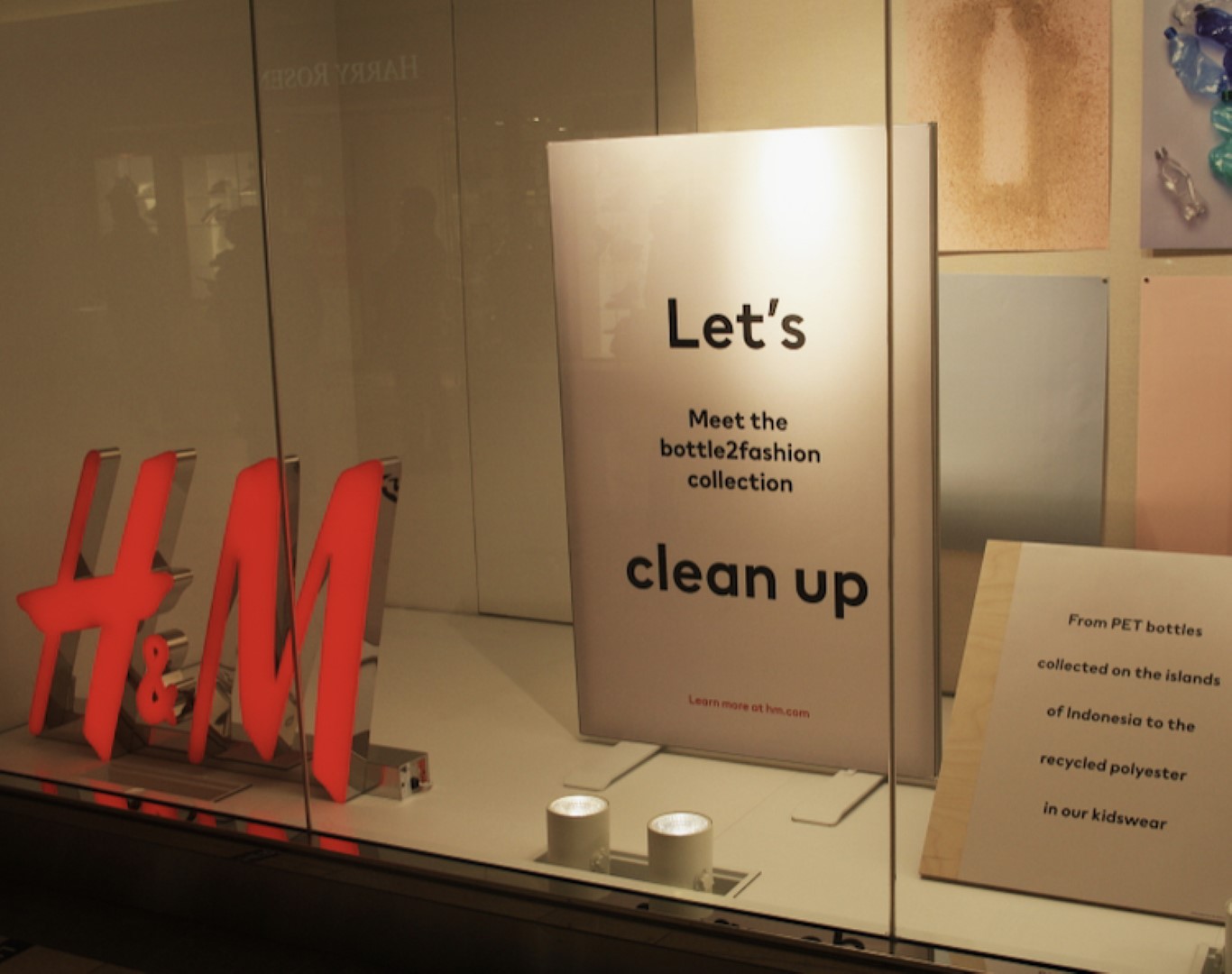
Why we should stop being so shallow towards our food’s appearance
By Elliot Chan, Opinions Editor
First it was organics, now Whole Foods is aiming to make the buying and eating of “imperfect” fruits and vegetable as mainstream as drinking kombucha.
Approximately 20–40 per cent of all fruits and vegetables end up in the trash. According to Environmental Protection Agency, US consumers wasted 35 million pounds of food in 2012. There are a number of reasons why such a large quantity of food ends up in the garbage, and including the fact that supermarkets have a high standard for the produce they sell. So, like a model for a talent agent, the tomato in your supermarket must also go through an appearance assessment.
Now whether this experiment is going to work for Whole Foods and a number of other forward-thinking grocers is still up in the air. Consumers, especially consumers in developed countries, are quite fickle about what they buy. We work hard for our money, so why would we buy something of lower quality when we can have the better one for the same price?
Still, there is something heartwarming about finding a good home for these rejected fruits and vegetables. Like an orphanage for food, it’s good to know that Whole Foods is doing its part to change the superficial ideal that is ultimately harming our society. Buying “ugly” food is not a novelty, though. It’s not a freak show, it’s not for a one-time entertainment, it’s something we need to make habitual. That is where the challenge will be.
We must remember that in the end, it all just ends in the same place. Why does it matter how good an avocado looks before you mash it up into guacamole? Why does it matter how a carrot looks before you toss it in a stew? Sure, some fruit and vegetables—those you set on a platter for a house party, for example—need to look somewhat desirable, but in the end, why does it matter?
We are so shallow about fruit and vegetables, but when it comes to animals we are fine with them being unattractive. Beef, pork, and seafood are not as cute as the little potato, but many of us eat them all the same. As long as you can tell the difference between fresh and spoiled, it rarely matters how the ingredients look.
In fact, I believe we should start eliminating the idea of disgusting food from our society altogether. Our diets consist of many environmentally damaging productions. Acres of forestland are dedicated to cattle. Animals that were once in abundance, like species of salmon, are now being carefully rationed for fear of causing a greater imbalance. Yet, there is one species in the animal kingdom the Western world still finds grotesque: insects.
Like ugly fruits and vegetables, insects are often scorned for their pesky nature. We see them as many things, but nutritious is not one of them. However, many people in developing countries depend on them for survival daily.
Pushing for ugly foods to be sold is a small step, but there is a long way to go to create a sustainable world. If that is the goal, we need to change our opinions about imperfect fruits and vegetables—and soon our opinion about all things edible.

